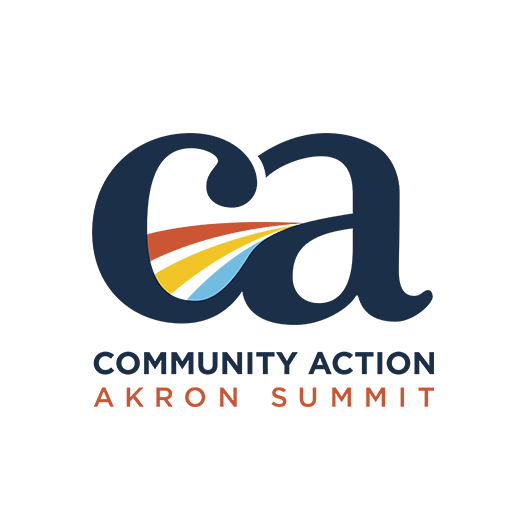Parent are Our Most Powerful Partners
Parents are recognized as the child's primary teachers and are supported at the highest level of partnership in their children’s learning development. Both mothers and fathers play an essential role in ensuring the well-being of their children as they engage in their Head Start/Early Head Start experience.
This is the Head Start Advantage!
Parents Family and Community Engagement
Parent, family and community engagement means building relationships with families that support family well-being, strong parent-child relationships and ongoing learning and development of parents and children alike. Family engagement happens in the home, early childhood program, school and community, and is a shared responsibility with all those who support children’s’ learning. Head Start/Early Head Start also seeks to empower families by developing goals for the whole family through the Family Partnership Agreement (FPA’s) process. The process offers parents/families opportunities to identify their own strengths and determine what resources are needed to progress towards self-sufficient.
Parent Involvement
Parent are encouraged to get involved from the start!
Parent participation in the design of activities and experiences assist in expanding parental strengths and interests. Involved parents have an opportunity to understand more about how their children grow, develop and become ready for school, promoting family engagement and supporting school readiness.
“Families Turn to Learn” are parent education opportunities that are available at center level and through parenting workshops. The workshops are designed to meet parents’ interests in the seven outcome areas within the Office of Head Start - Parent, Family and Community Engagement Framework (PFCE). This framework demonstrates how family engagement strategies are systemic, integrated and comprehensive across systems and services within the program.
Partnerships and Community Collaborations
Community partnerships with local social service agencies, health departments, child welfare, local universities, etc. are established to maximize families’ interests and to encourage parent and family engagement in learning skills that include, budgeting, school readiness, behavior management for children, healthy nutritional habits, etc.

